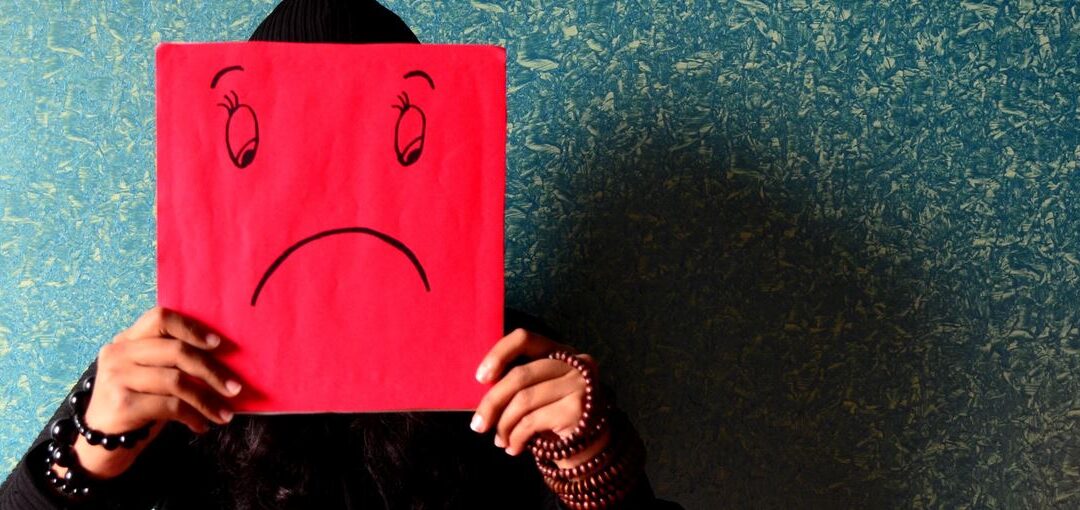For people who suffer from depression, anxiety, bipolar, OCD, etc., it can be hard to share this openly with family and friends. If your teenager has any of these diagnoses, the stigma is even more profound. As a rule, your teenager’s peers are not the most accepting when it comes to psychological struggles. On the surface they might be, but they tend to gossip about these things to their friends. In my work with teenagers I’ve noticed they are not the best secret-keepers. If your daughter takes an antidepressant and she confides in one of her friends, there is a decent chance a lot of other teens will find out.
This means you’re left with two approaches. The first is to encourage your kids not to tell anyone about their counseling, psychiatric treatment and challenges. While this will prevent them from experiencing teasing, it also might create a sense of shame in them. It’s tough too when they want to spend the night at a friend’s house and need to take a pill at the end of the evening. Their friend might be curious, which means your teenager will have to lie.
The second approach is to work hard with your teenager on not feeling shame. The thing I tell a lot of my clients is that even though they don’t know it, there are a handful of their friends who get medication and/or are also in therapy. I remind them that very likely some of the most popular, good-looking, athletic, smart kids in their school get counseling for things. I try really hard to help them know that emotional struggles happen to most people at some point in their lifetime.
If they can feel confident in their knowledge that they are just fine even if they have a psychological diagnosis, other teens will be more comfortable with it. It also really helps to have some others know in terms of getting support. There will be days when your adolescent needs a pick-me-up from their friends. If their friends know what’s going on, they might better know how to help them.
I had one client who struggled with OCD. It caused her to do a few things that were noticeable in social situations. She just confidently said she had OCD and then was able to laugh about it. Her friends felt a lot more comfortable after that, and laughed right with her. Another thing started to happen. Different teens would come up to her in confidence and tell her about their experiences with anxiety, depression, etc. Because she refused to give in to the stigma of mental illness being something shameful, she became a safe refuge for a great number of struggling teens.
The stigma associated with mental illness makes us want to hide. It makes us want to keep it to ourselves, and fight through it alone. Unfortunately that makes the battle a lot more challenging to overcome. When I struggled with an eating disorder my junior and senior year of high school I didn’t tell anyone. When it progressed and continued into college I was much more open about it. At that point I found I was able to get the support I needed, which was the first step toward healing. I want the same for your teenager.
Helping teens grow and families improve connection,
Lauren Goodman, MS, MFT




